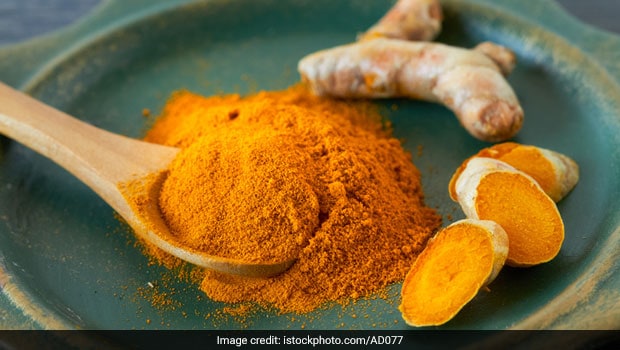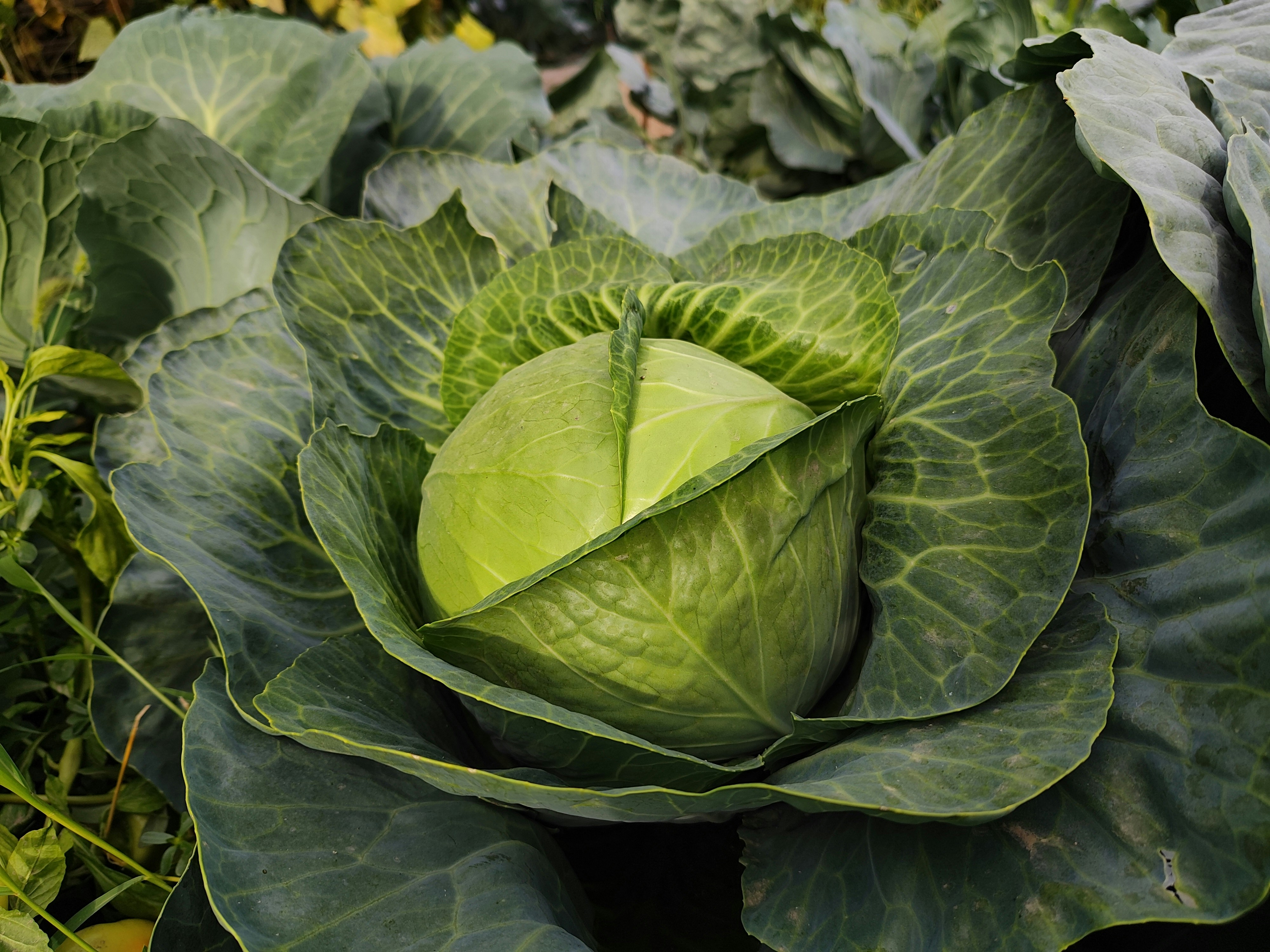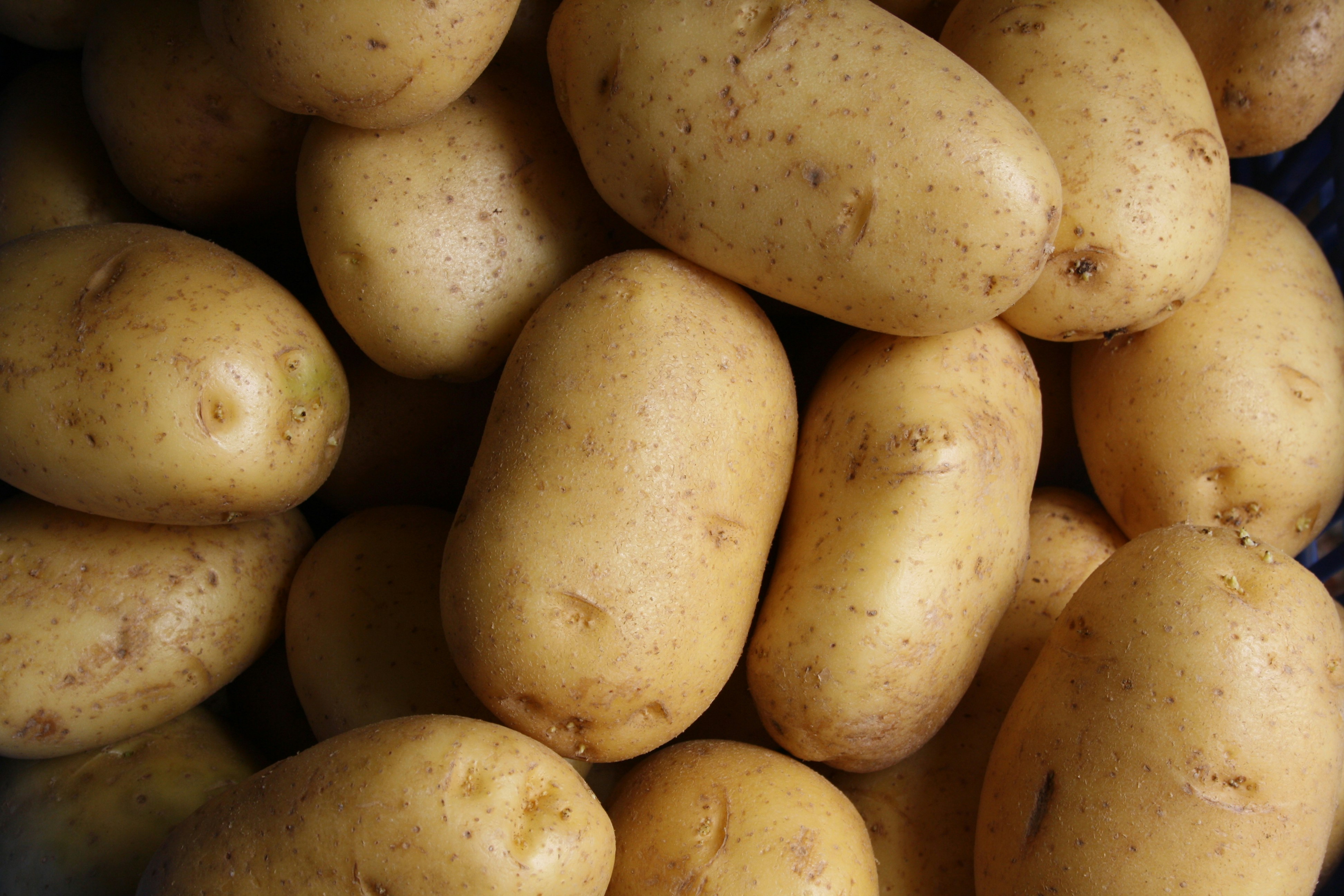An Indian kitchen has never failed to fascinate us. It stores various elements that are versatile and work more than just as food ingredients. Look into your spice rack, for instance. Spices add colour, texture and layers of flavours to food. In fact, the varied usage of spices makes Indian cuisine stand out in the lot. The job (of spices) doesn't end here. They have several health benefits too. Spices are enriched with essential nutrients that benefit us from within. Take turmeric for instance. Turmeric, also known as Curcuma longa, is a bright yellow spice commonly used in Indian and Middle Eastern cuisine. In addition to its culinary usage, turmeric has also been a part of traditional medicine for its health-benefitting properties. Referred to as one of the most powerful spices, turmeric (or haldi) is every Indian household's go-to fix for different health problems. The incredible list of healing properties includes antioxidants, anti-viral, anti-bacterial, anti-fungal, anti-carcinogenic, anti-mutagenic and anti-inflammatory to name a few. Let's admit, these number of benefits are enough to make you consider its usage in your daily diet regime.
Here're 5 Major Health Benefits Of Turmeric:
1. Reduces Inflammation:
One of the most well-known benefits of turmeric is its ability to reduce inflammation. Turmeric contains a compound called curcumin, which has been shown to have powerful anti-inflammatory properties. Chronic inflammation is believed to be a contributing factor to many diseases including heart problems and more. Curcumin may help reduce inflammation in the body, thereby reducing the risk of these and other chronic diseases.
2. Promotes Digestive Health:
Turmeric has long been used in traditional medicine to treat digestive issues, and there is some evidence to suggest that it may be effective for this purpose. Curcumin has been shown to help reduce symptoms of irritable bowel syndrome (IBS) and other digestive disorders. It may also help reduce inflammation in the gut, which can contribute to digestive problems.
(Also Read: Does Cooking Turmeric Destroy Its Benefits? Here's The Answer!)

Turmeric milk is a well-known home remedy for multiple health reasons. Photo Credit: iStock
3. Boosts Immune System:
Turmeric may also help boost the immune system. Curcumin has been shown to have antimicrobial properties, which means it can help fight off harmful bacteria and viruses. Additionally, curcumin has been shown to have immunomodulatory effects, meaning it can help regulate the immune system and promote a healthy immune response.
4. Supports Joint Health:
Curcumin has been shown to have anti-inflammatory properties, which can help reduce pain and swelling in the joints. It may also help slow the progression of osteoarthritis, a degenerative joint disease that is characterised by joint pain and stiffness.
5. Improves Brain Function:
Curcumin in turmeric has been shown to increase levels of brain-derived neurotrophic factor (BDNF), a protein that promotes the growth and survival of neurons in the brain. Low levels of BDNF have been linked to conditions like depression. By increasing BDNF levels, turmeric may help improve brain function and reduce the risk of these and other cognitive disorders.
Now that you are well aware of the benefits of turmeric, we suggest, including the spice in your daily diet and enjoying the benefits to the fullest. However, many of us often get confused as to which one works better for us - raw turmeric or turmeric powder. Let's find it out here.
(Also Read: Ever Heard Of Lakadong Turmeric? It's The World's Finest Spice From Meghalaya)

Raw turmeric is nothing but the root of the turmeric plant. Photo: iStock
What Is Raw Turmeric:
Raw turmeric, also known as fresh turmeric, is the root of the turmeric plant that has been freshly harvested and has not undergone any processing. It has a similar appearance to ginger root but is bright orange or yellow in colour. Raw turmeric has a unique, pungent aroma and a slightly bitter taste that is commonly used as a spice in cooking, particularly in South Asian and Southeast Asian cuisine.
Raw turmeric is often used in traditional medicine for its potential health benefits, which include anti-inflammatory and antioxidant properties. Raw turmeric can be grated, sliced, or chopped and added to curries, soups, stews, smoothies, or even brewed into tea.
What Is Turmeric Powder:
Turmeric powder is a spice made from the root of the turmeric plant. It is a bright yellow-orange powder that is commonly used in everyday cooking. It is loaded with nutrients too. Turmeric powder is commonly used in curries, soups, and rice-based dishes. It can also be used to add flavour and colour to sauces, marinades, and dressings. Turmeric powder is available in most grocery stores. Today, you can find organic turmeric powder in drug stores too.
(Also Read: Bored With Haldi-Doodh? Here Are 3 Yummy Ways To Include Turmeric In Your Diet)

Turmeric powder or raw turmeric, which one is better for you?
Turmeric Powder Vs Raw Turmeric: Which One Is Better For You?
As mentioned earlier, turmeric, in its raw form, works better in terms of nutrients. But powdered turmeric also makes a popular choice among several people, due to its easy availability and convenience. In fact, turmeric, in both its forms, is widely used and the benefits are often interchangeably. As per health experts, all you need to keep in mind is the dosage -depending on which type is used, the quantities would need to be adjusted. You should also keep in mind that the turmeric powder you are consuming is organic, with fewer or no preservatives.
Always make a conscious decision and enjoy overall health for the longest. And yes, never forget to consult an expert before making any change in your lifestyle. Eat healthy, and stay fit!
Disclaimer: This content including advice provides generic information only. It is in no way a substitute for qualified medical opinion. Always consult a specialist or your own doctor for more information. NDTV does not claim responsibility for this information.
About Somdatta SahaExplorer- this is what Somdatta likes to call herself. Be it in terms of food, people or places, all she craves for is to know the unknown. A simple aglio olio pasta or daal-chawal and a good movie can make her day.









